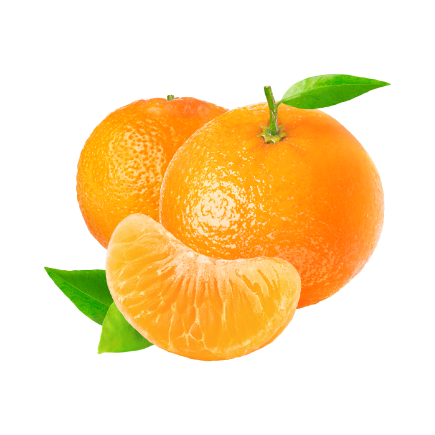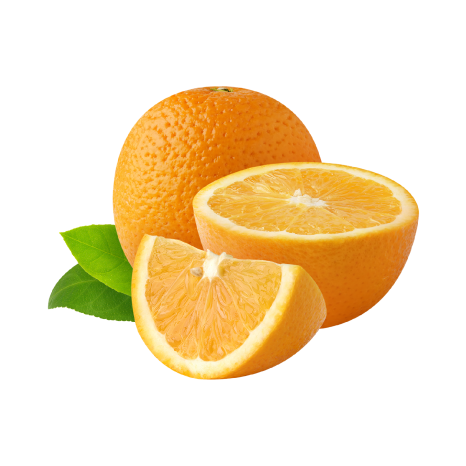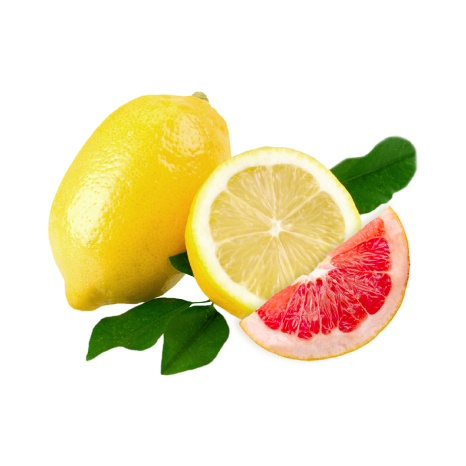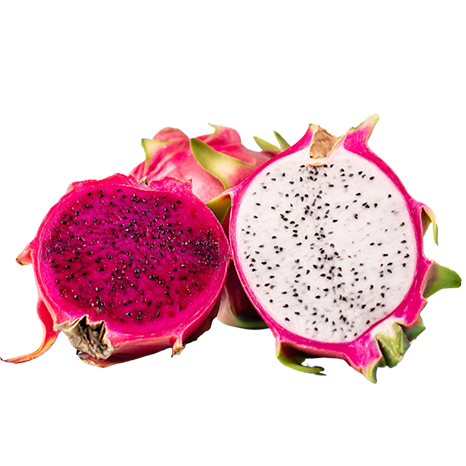The citrus are one of the most cultivated and marketed species worldwide. For this reason, they are considered the most important fruits globally.
They originated around 8 million years ago in the foothills of the Himalayas. The approximate arrival of these fruits to Europe took place around 310 B.C. From Asia, they moved to North Africa and southern Europe and, from there, were brought to America around 1500.
Gospa Citrus offers you a wide variety of citrus and other organic fruits from the Sevillian paradise.






